Podcast: Play in new window | Download | Embed
In Guatemala, an unprecedented national strike led by Indigenous groups has been going on for over 20 days.
Protests and blockades continued over the weekend as Indigenous and other citizens mobilized in support of the President-elect Bernardo Arévalo.
Maria Martin reports.
As Guatemala’s national strike enters its third week, neither the government nor pro-democracy protesters are budging.
Those mobilizing want the government to drop its efforts to block the reformist President-elect Arévalo from taking office while the government wants the protests to stop, calling the blockades quote “crimes against humanity.”
In Guatemala City, doctors from the two largest public hospitals joined protests, one carried a sign referencing the lack of investment in public health saying, “we’re here from all those who’ve lost their lives due to corruption.”
Meanwhile, the Indigenous group 48 Cantones (48 Villages) say some of its blockades will be lifted, but that protests will continue in the capital.
The group’s significant role in leading the pro-democracy movement is now being celebrated in a song going viral on social media.
Meanwhile, the clock is ticking on the official end of the electoral period at the end of the month.
The Justice Department can legally move to disqualify the president elect’s party.
@48_cantonesJuntos defendamos la democracia, la libertad y la institucionalidad nacional. 🇬🇹 Por un país libre de corrupción y dictaduras, 48 Cantones de Totonicapán. 📣♬ sonido original – 48 Cantones Oficial
 A Northern Wisconsin Tribe is in the middle of a major housing development project.
A Northern Wisconsin Tribe is in the middle of a major housing development project.
In the next year, it’s expected to build and renovate 44 homes within the Lac du Flambeau Band of Lake Superior Chippewa reservation.
WXPR’s Katie Thoresen reports.
Two major housing projects are underway in Lac du Flambeau right now.
The Chippewa Housing Authority received $15 million in tax credits to build 20 new homes and renovate 24 others.
The new homes will range from two-to-four-bedroom units.
The renovated houses will be adding another bedroom and bathroom.
Travois has been working with the housing authority since 2021 to secure the financing.
Brian Schuler is the organization’s Vice President of Housing Development who works with tribes across the country.
“We see a lot of overcrowding within reservation housing. So that was meeting that particular need in terms of this renovation. Additionally, housing authorities maintain a really large waiting list of households that need housing. The new construction was going to be very vital to the LDF community.”
Schuler says the Indian Housing Block Grant allocation hasn’t kept up with inflation which is why tribes like Lac du Flambeau have turned to the Low Income Housing Tax Credit program.
It’s the first time in state history a tribe was able to get both of these types of tax credit projects funded within the same year.
Jeff Ackley is the housing administrator for the Lac du Flambeau Chippewa Housing Authority.
“There’s always a way to improve anything that you’re, you know, any community that you’re working in, and that kind of thing. So it’s some of it has been challenging, but the reward is great. And, you know, I think that the whole community and you know, like, Wisconsin wins, basically, you know, basically for affording us the opportunity and putting in for tax credit projects.”
Ackley says one of the long-term benefits is sustaining Tribal membership in the community.
People will not have to move off the reservation to find other housing.
Get National Native News delivered to your inbox daily. Sign up for our newsletter today.
 Sec. Haaland has been traveling the country on what she calls a “Road to Healing Tour,” taking testimony on the boarding school era about the damage it caused.
Sec. Haaland has been traveling the country on what she calls a “Road to Healing Tour,” taking testimony on the boarding school era about the damage it caused.




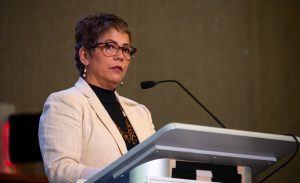
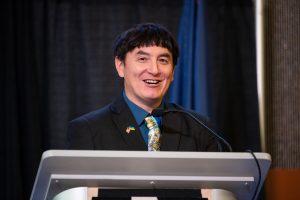


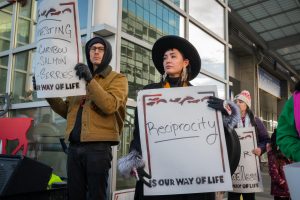
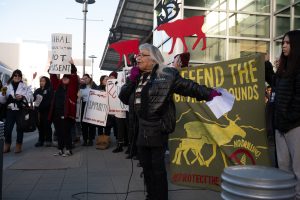
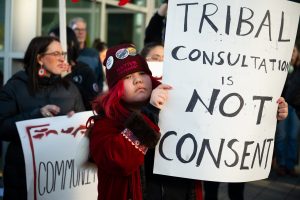
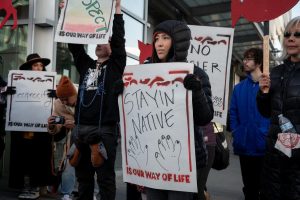
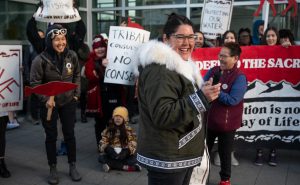

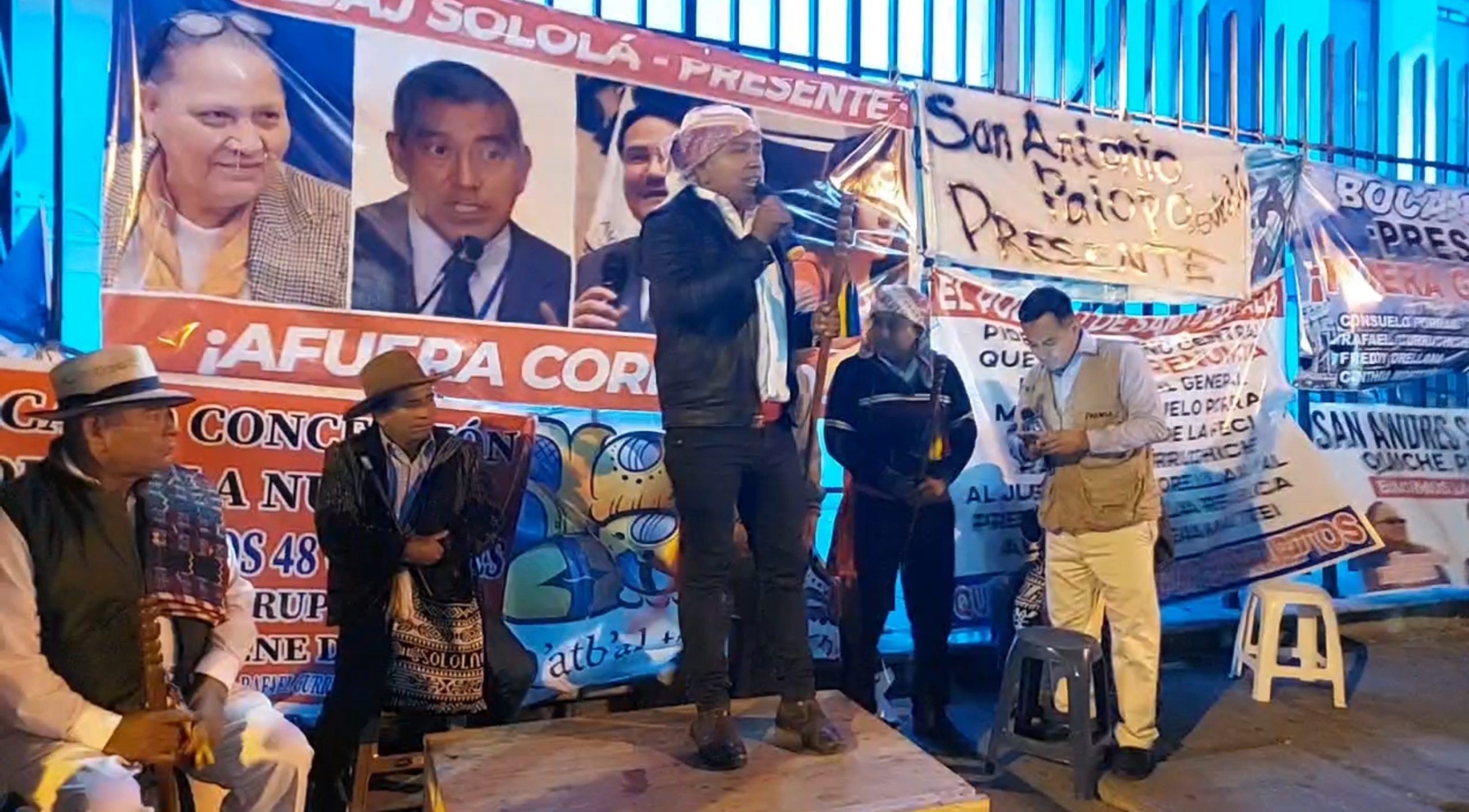 Guatemala’s three-week-old popular uprising, led by the country’s Indigenous citizens, is beginning to turn bloody.
Guatemala’s three-week-old popular uprising, led by the country’s Indigenous citizens, is beginning to turn bloody.

 Friday, you heard about the Pyramid Lake Paiute Tribe’s efforts to recover an endangered fish by modifying a 100-year-old diversion dam.
Friday, you heard about the Pyramid Lake Paiute Tribe’s efforts to recover an endangered fish by modifying a 100-year-old diversion dam. Nationwide, millions of barriers – like dams – make it hard for fish to move freely and lay eggs.
Nationwide, millions of barriers – like dams – make it hard for fish to move freely and lay eggs.


